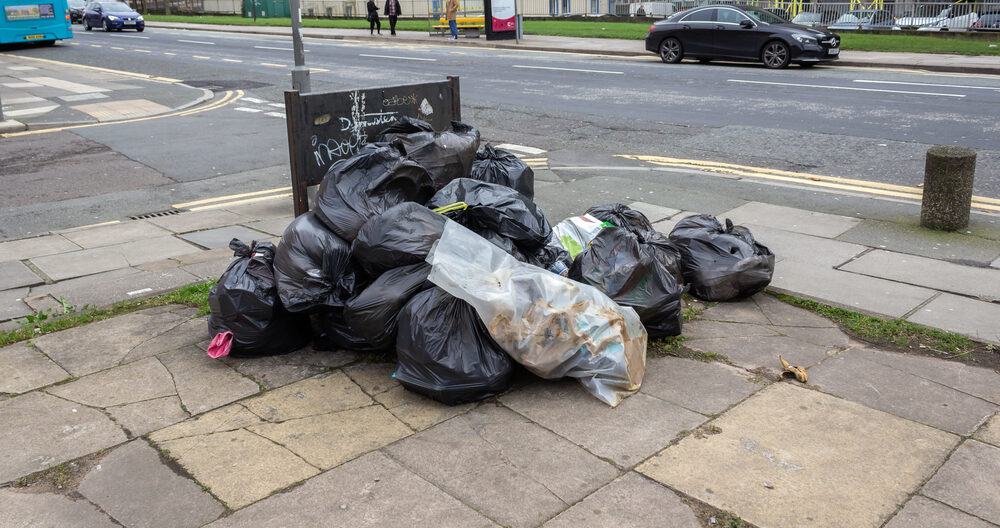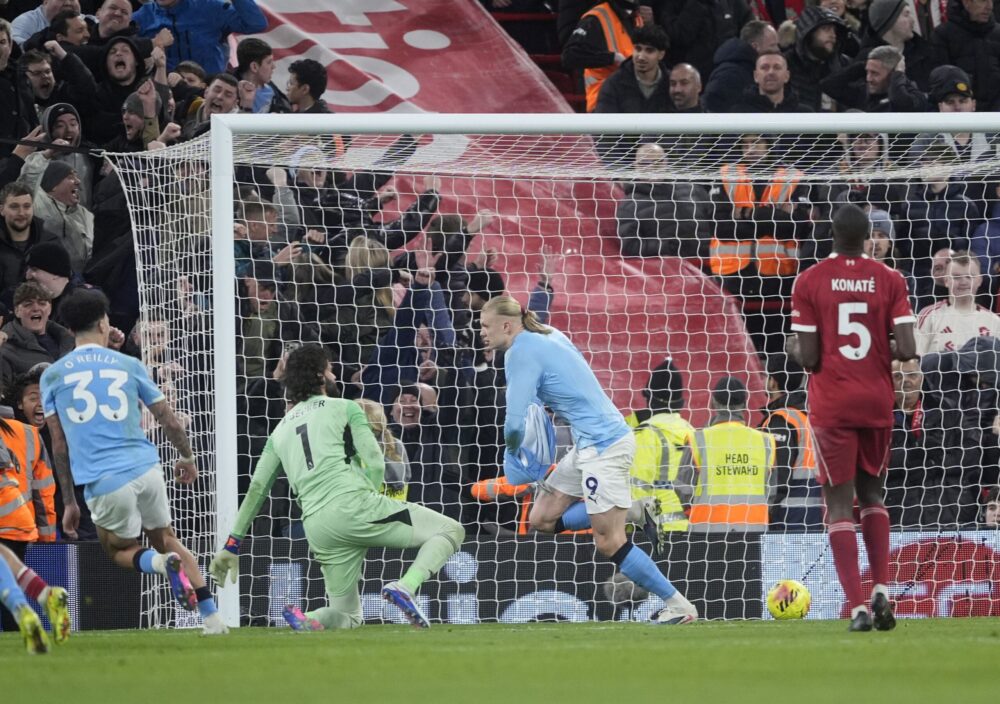
Latest
Liverpool set to clean up city with new super-bin scheme
4 years ago

Liverpool City Council is set to launch an underground revolution to design out an age-old problem with black bin bag refuse and litter.
Just days after it launched a new partnership with Keep Britain Tidy, the council is looking to end a rubbish issue for huge swathes of the city, by installing a new generation of subterranean super-bins.
The innovative scheme to retrofit waste collection in built-up urban areas is the first of its kind in the UK.
The recommendation to begin consultations on introducing underground bins in several wards of the city will go to the council’s Cabinet next Friday, 24 June.
If it gets the green light the scheme will see these cavernous receptacles placed in 140 locations in densely built-up areas, many of which will replace some of the existing temporary communal bins.
It is expected that phase one the £1.5m super-bin programme could begin to benefit people by the end of Summer.
The scheme has been designed to create a cleaner waste solution for 27,000 terraced households, in hundreds of inner-city streets, which do not have the space to use a wheelie bin.
The city council, which spends £9.5m a year collecting and recycling refuse, estimates that this new approach will radically reduce the issue of ripped black bin bags spilling out on to streets and blighting neighbourhoods.
This perennial problem creates hundreds of complaints a week and requires extra clean-up resource to be deployed.
The super-bin scheme will also save the council a huge amount of time and resources in the years to come by drastically cutting secondary waste related issues such as rats, flies and smell associated to black bag waste disposal.
Black bin bag waste has also been identified as one of the contributory factors in the city having a litter problem three times the national average.
The council recently launched a partnership with Keep Britain Tidy to reduce those levels and help clean up the city.
Next steps:
If next Friday’s cabinet report is approved, the council will then undertake consultations with local communities before installing the underground bins.
The first phase of the super-bins would be installed at the end of summer.
Some locations may require experimental traffic orders to ensure ease of access for residents and a further consultation exercise would be held.
Bin details:
The super-bins come in a variety of sizes, the biggest being able to take up to 5,000 litres of waste, the equivalent to a week’sworth of refuse for 20 houses.
The uniquely designed smart bins, which are made of steel or reinforced plastic to reduce odours, will issue an alarm when full and will be emptied with a crane lift via a release mechanism in its base.
It is estimated the emptying and re-installation process will take less than 10 minutes.
The bins will be fully accessible to those with limited strength, or mobility, some operated with foot pedals, others with ground-level mechanisms.
Cleanliness is a priority, so no bins will be operated by hand.
The super-bin scheme dovetails with the city council’s £15m alleyways programme which has seen hundreds of acres of inner city land, formerly used as dumping grounds, reclaimed by residents.
Joanne Anderson, Mayor of Liverpool, who is also the political lead for Waste Management in the City Region, said:
“I want Liverpool to be a zero-waste city and to achieve that we need to be smarter in how we enable people to dispose of what they generate in their homes.
“These subterranean super-bins are going to make a huge difference to the quality of life for thousands of families across huge swathes of our inner-city neighbourhoods.
“We need to consult with communities on the locations but when installed these bins will have both an immediate and dramatic impact on the cleanliness of our streets and will save the council a huge amount of time and money for many years to come. They are an environmental and economic win-win.”
Councillor Abdul Qadir, Cabinet member for Neighbourhoods, said:
“Due to Liverpool having so many terraced streets, particularly to the north and east of the city centre, we’ve left thousands of families with the limited option of putting black bin bags on the street or in community bins which are easily accessed.
“This has been a recipe for a litter festival at times which in turn has placed extra pressure on council resources, which is a really inefficient way to handle this.
“Officers have been tasked to think more creatively to design a solution that gets round the limitations of these terraced streets and these underground smart bins are a great step forward. They brilliantly demonstrate how Liverpool can lead the rest of the county in the fight against litter and we already have other councils with similar communities looking to visit us to learn from our programme.
“We know from our work with Keep Britain Tidy that we need to bring litter levels down across the city and this investment will be a key element enabling people to play their part.”









 Subscribe
Subscribe Follow Us
Follow Us Follow Us
Follow Us Follow Us
Follow Us Follow Us
Follow Us Follow Us
Follow Us











